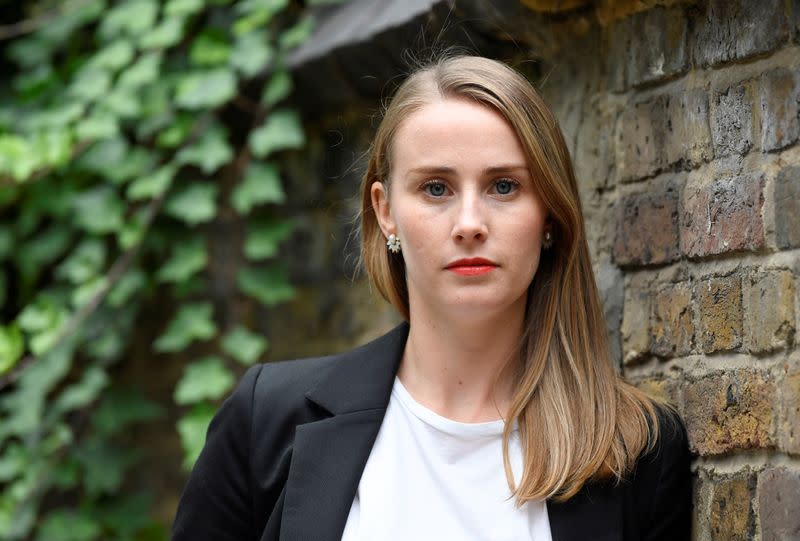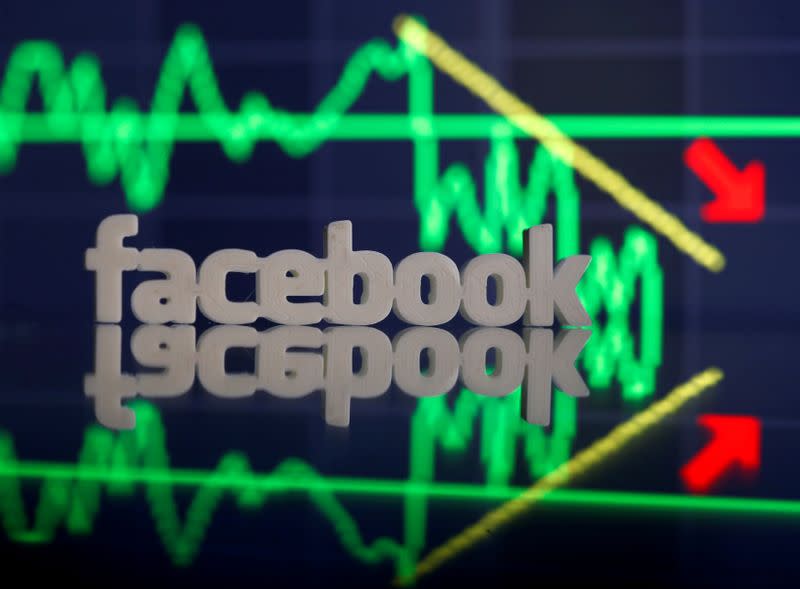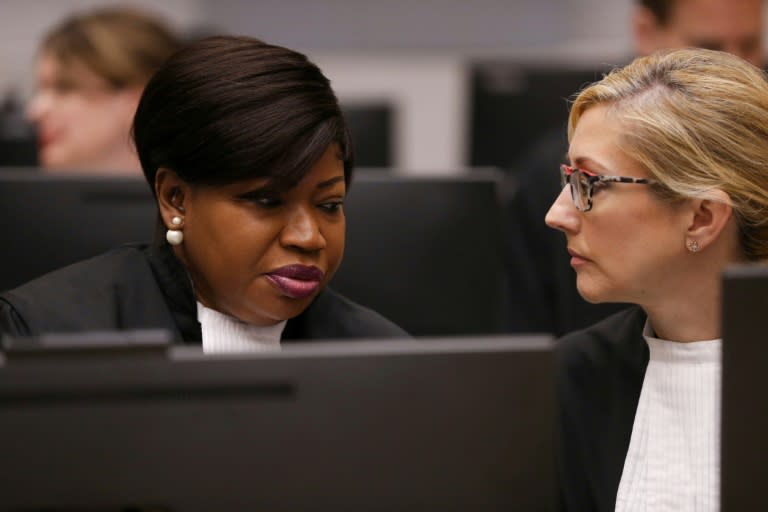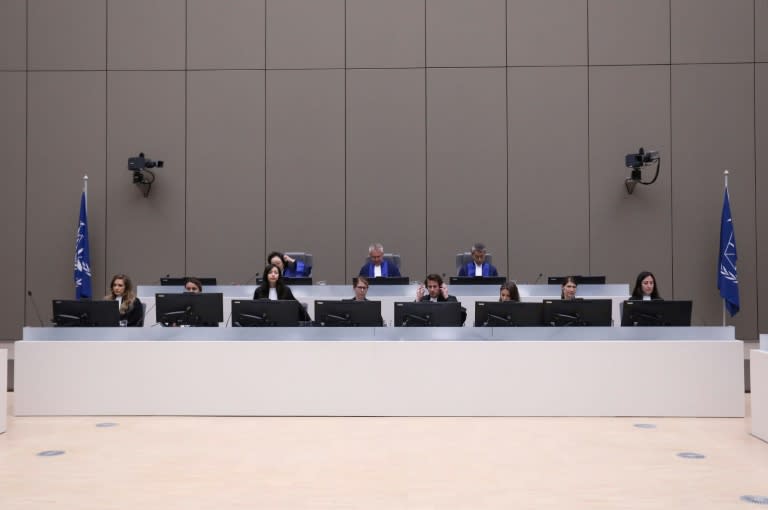Hasan Chowdhury,
The Telegraph•September 3, 2020

Raja Singh, a member of the Bharatiya Janata Party led by incumbent prime minister Narendra Modi, was blocked from Facebook - SAJJAD HUSSAIN /AFP
Facebook has banned a politician from India’s ruling party over alleged hate speech on the social media service after facing strong condemnation over its inaction and handling of similar posts.
Raja Singh, a member of the Bharatiya Janata Party led by incumbent prime minister Narendra Modi, was blocked from Facebook over posts in which he suggested Rohingya refugees in the country should be shot and incited hate towards Muslims.
The ban marks a significant move by Facebook in India, its largest market with over 300m users and a country where it has faced a growing political storm from critics who have accused it in the past of failing to take down extremist posts to protect its business.
On Wednesday, Ajit Mohan, the head of the Silicon Valley giant’s India division, faced a series of questions from a parliamentary committee over reports in the Wall Street Journal that Facebook refused to apply its policy on hate speech to posts from BJP politicians.
The paper claimed that Facebook deemed posts from the politician violated its rules on hate speech back in March, but left the posts up after a top executive of the firm in India was alleged to have waived the call for them to be taken down.
 Profile | Narendra Modi
Profile | Narendra Modi
The Hindu nationalist party has faced growing criticism in recent months both at home and internationally over the spread of propaganda on Facebook and its sister apps such as WhatsApp that promote violence against Muslims and other minorities in the country.
In a statement, a Facebook spokesperson said: “We have banned Raja Singh from Facebook for violating our policy prohibiting those that promote or engage in violence and hate from having a presence on our platform.”
The company claimed its process for evaluating potential violators is “extensive”. Mr Singh has claimed he was not responsible for the posts that went on his page.
It comes as Facebook has upped its efforts in recent months to make further inroads into the India market, after it announced a $5.7bn (£4.6bn) investment in April into Reliance Jio, the telecoms empire owned by India’s richest man, Mukesh Ambani.
Facebook has banned a politician from India’s ruling party over alleged hate speech on the social media service after facing strong condemnation over its inaction and handling of similar posts.
Raja Singh, a member of the Bharatiya Janata Party led by incumbent prime minister Narendra Modi, was blocked from Facebook over posts in which he suggested Rohingya refugees in the country should be shot and incited hate towards Muslims.
The ban marks a significant move by Facebook in India, its largest market with over 300m users and a country where it has faced a growing political storm from critics who have accused it in the past of failing to take down extremist posts to protect its business.
On Wednesday, Ajit Mohan, the head of the Silicon Valley giant’s India division, faced a series of questions from a parliamentary committee over reports in the Wall Street Journal that Facebook refused to apply its policy on hate speech to posts from BJP politicians.
The paper claimed that Facebook deemed posts from the politician violated its rules on hate speech back in March, but left the posts up after a top executive of the firm in India was alleged to have waived the call for them to be taken down.
 Profile | Narendra Modi
Profile | Narendra ModiThe Hindu nationalist party has faced growing criticism in recent months both at home and internationally over the spread of propaganda on Facebook and its sister apps such as WhatsApp that promote violence against Muslims and other minorities in the country.
In a statement, a Facebook spokesperson said: “We have banned Raja Singh from Facebook for violating our policy prohibiting those that promote or engage in violence and hate from having a presence on our platform.”
The company claimed its process for evaluating potential violators is “extensive”. Mr Singh has claimed he was not responsible for the posts that went on his page.
It comes as Facebook has upped its efforts in recent months to make further inroads into the India market, after it announced a $5.7bn (£4.6bn) investment in April into Reliance Jio, the telecoms empire owned by India’s richest man, Mukesh Ambani.




 The Conversation
The Conversation










